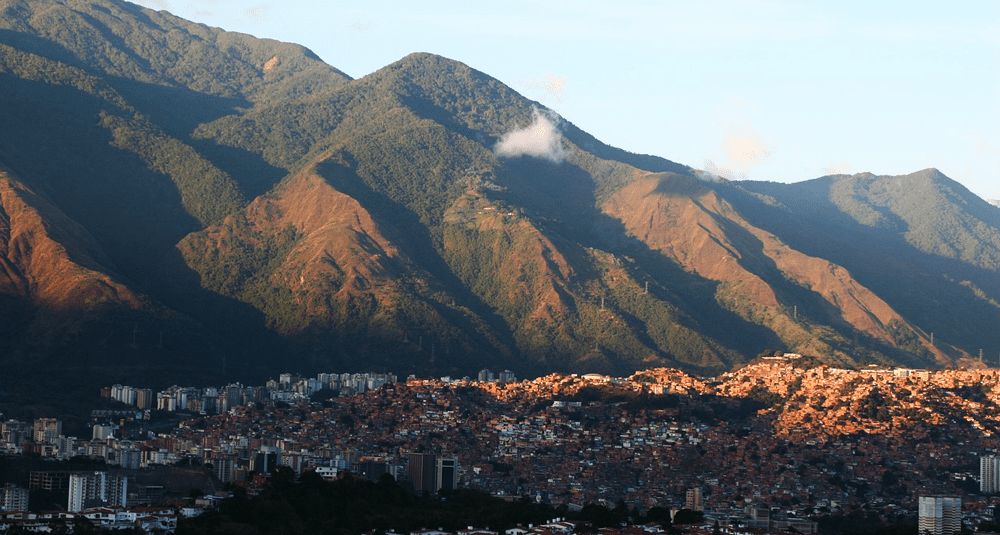What is the capital of Venezuela?
Last Updated:
Caracas, the capital of Venezuela, is one of South America’s most important cities. Situated in a valley near the Caribbean coast, it is about 15 km from the sea, which gives it a temperate climate despite its proximity to the equator. Caracas was founded on July 25, 1567 by Diego de Losada, a Spanish explorer, under the name of Santiago de León de Caracas. Since then, it has become Venezuela’s political, economic, cultural and industrial center.
The city is set in a valley surrounded by mountains, including the Ávila National Park, an important natural landmark for the inhabitants. The impressively high Mount Ávila forms a natural barrier between Caracas and the Caribbean Sea, offering residents green spaces for hiking and nature-watching. This unique setting lends the city a particular natural beauty, which contrasts with its modern urbanism.
As the capital, Caracas is the seat of the Venezuelan government and home to the main political institutions, such as the Miraflores Presidential Palace, where the President of the Republic sits, as well as the National Assembly and the Supreme Court. The city is also an important economic center, with many national and international companies headquartered in Caracas.
Historically, Caracas has played a key role in the political and social events of Venezuela and Latin America. It is the birthplace of Simón Bolívar, the hero of Latin American independence, who liberated several South American countries from Spanish domination in the 19th century. Simón Bolívar’s birthplace is now a museum dedicated to his legacy, attracting visitors from all over the world.
Caracas is also a dynamic cultural center. The city is home to major artistic institutions such as the Teresa Carreño Theatre, one of Latin America’s largest cultural complexes, which hosts concerts, operas and ballets. The Caracas Museum of Contemporary Art is renowned for its vast collection of modern art, including works by great artists such as Pablo Picasso and Henry Moore. In addition, the National Library of Venezuela and the Museum of Fine Arts are cultural sites that reinforce Caracas’ importance in the country’s artistic and intellectual landscape.
Despite its many qualities, Caracas faces major challenges. For several years now, the city has been suffering from problems linked to the insecurity, economic crisis and shortages that affect the whole of Venezuela. High inflation, power cuts and urban violence are daily problems for the city’s inhabitants. These difficulties have contributed to a major exodus of the population, with many Venezuelans leaving the country to seek better opportunities abroad.
Nevertheless, Caracas remains a symbol of Venezuela’s resilience. It continues to play a central role in the country’s political and economic life, despite the obstacles. The city is also a place of social and cultural innovation, with many local initiatives aimed at improving the quality of life of its inhabitants and promoting civic engagement.
Caracas is much more than just an administrative capital. It’s a city with a rich history, a flourishing cultural heritage and a central role in Venezuela’s future. Its mountains, cultural institutions and historical importance make it a must for those wishing to understand the country’s past and present.
You may also be interested in
geography

What is the capital of Venezuela?
Answer
Venezuela's capital is Caracas, a city in the north of the country near the Caribbean coast, founded in 1567 and now a political and economic center.